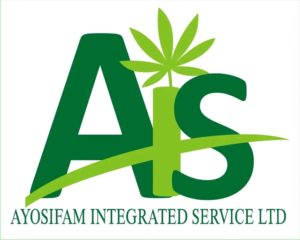School feeding programs in Nigeria hold immense potential not only to improve the health and educational outcomes of children but also to act as a significant driver for agricultural development and increased income for local farmers. By strategically sourcing food for these programs from local agricultural communities, a powerful symbiotic relationship can be fostered, yielding substantial economic benefits.
One of the most direct ways school feeding programs can boost farmers’ income is by creating a stable and predictable market for their produce. Instead of relying on often volatile open markets, farmers can have a guaranteed buyer in the form of the school feeding program. This assured demand encourages farmers to increase their production, invest in better farming practices, and even diversify their crops, knowing there is a reliable outlet for their harvest.
Furthermore, these programs can lead to increased prices for agricultural goods. By cutting out intermediaries and establishing direct procurement channels from farmers to schools, the value chain becomes shorter. This means farmers can receive a larger share of the final price, leading to higher profit margins compared to selling through traditional market systems where multiple layers of traders often erode their earnings.
The implementation of school feeding initiatives can also stimulate local economic growth beyond just the individual farmers. The increased demand for food can lead to the creation of jobs in related sectors such as transportation, processing, and storage. Local food vendors and caterers can also find opportunities in preparing and supplying meals to schools, further injecting money into the community.
Moreover, school feeding programs can empower farmers through capacity building and access to resources. To meet the quality and quantity demands of these programs, farmers may receive training on modern farming techniques, sustainable agriculture practices, and post-harvest management. They could also gain access to credit facilities or inputs, enabling them to improve their productivity and the overall quality of their output.
Consider a scenario in Kangile, Ilorin- South LGA , Kwara State. If the local primary schools were to source their potato and egg directly from the farmers in the surrounding communities, it would create a dependable revenue stream for these farmers. The increased income could then be reinvested in their farms, leading to further growth and potentially the creation of agricultural jobs within Kangile. This ripple effect would strengthen the local economy and improve the livelihoods of numerous families.
In conclusion, well-designed and effectively implemented school feeding programs in Nigeria can be a game-changer for local farmers. By providing a secure market, potentially better prices, and opportunities for growth and development, these programs can significantly contribute to increasing farmers’ income, fostering agricultural sustainability, and strengthening rural economies across the nation. The key lies in establishing transparent, efficient, and locally-focused procurement systems that prioritize the inclusion and empowerment of Nigerian farmers.




